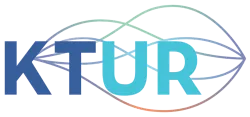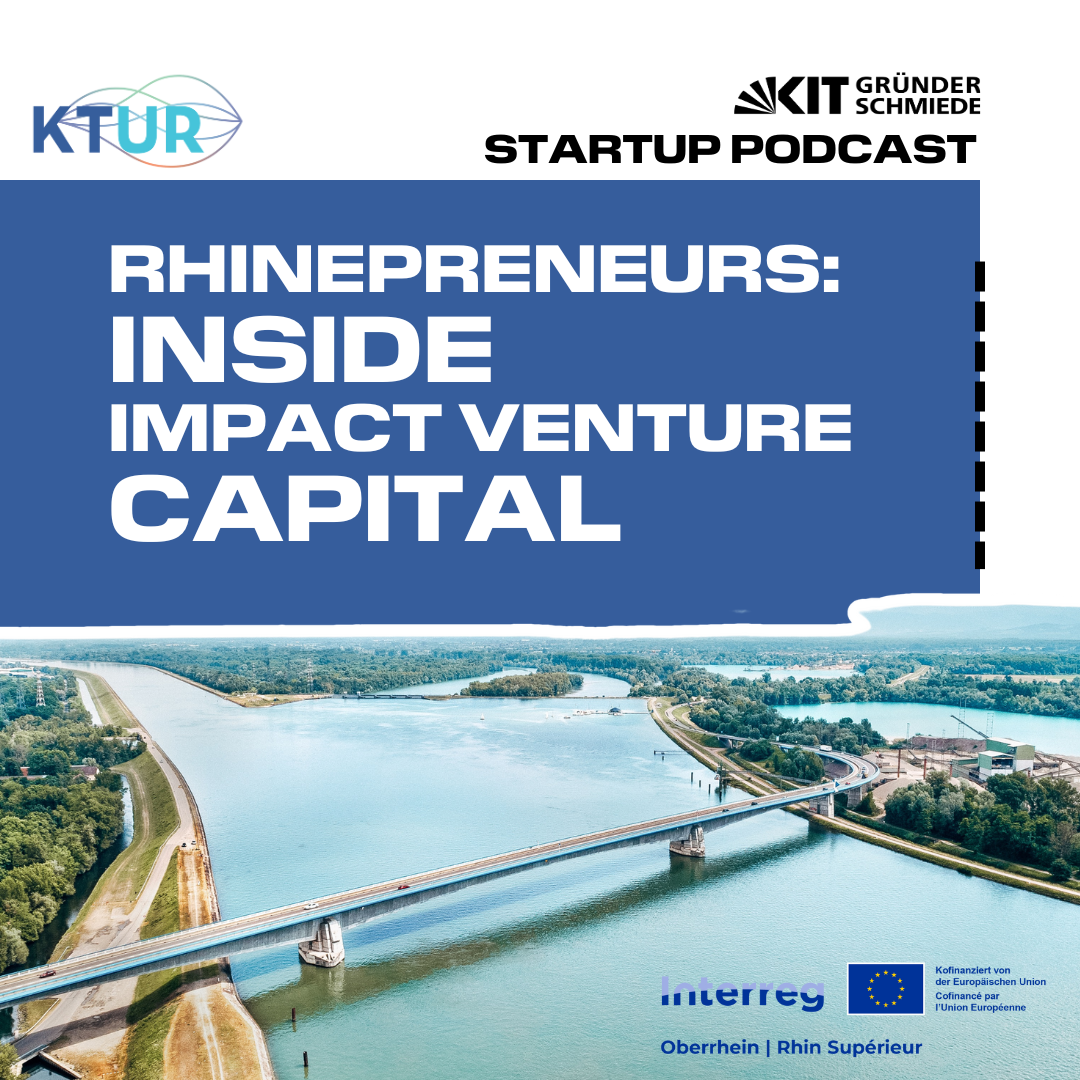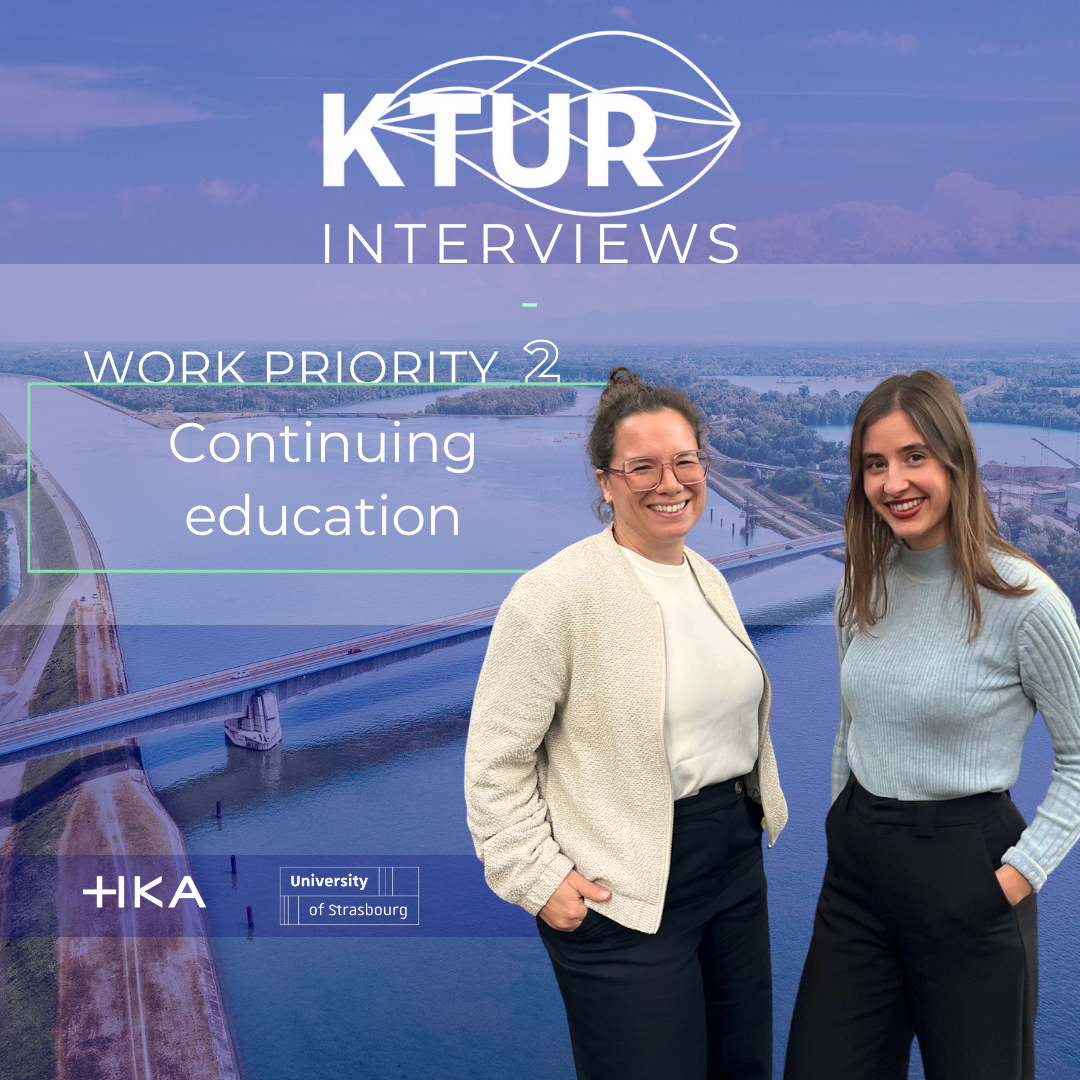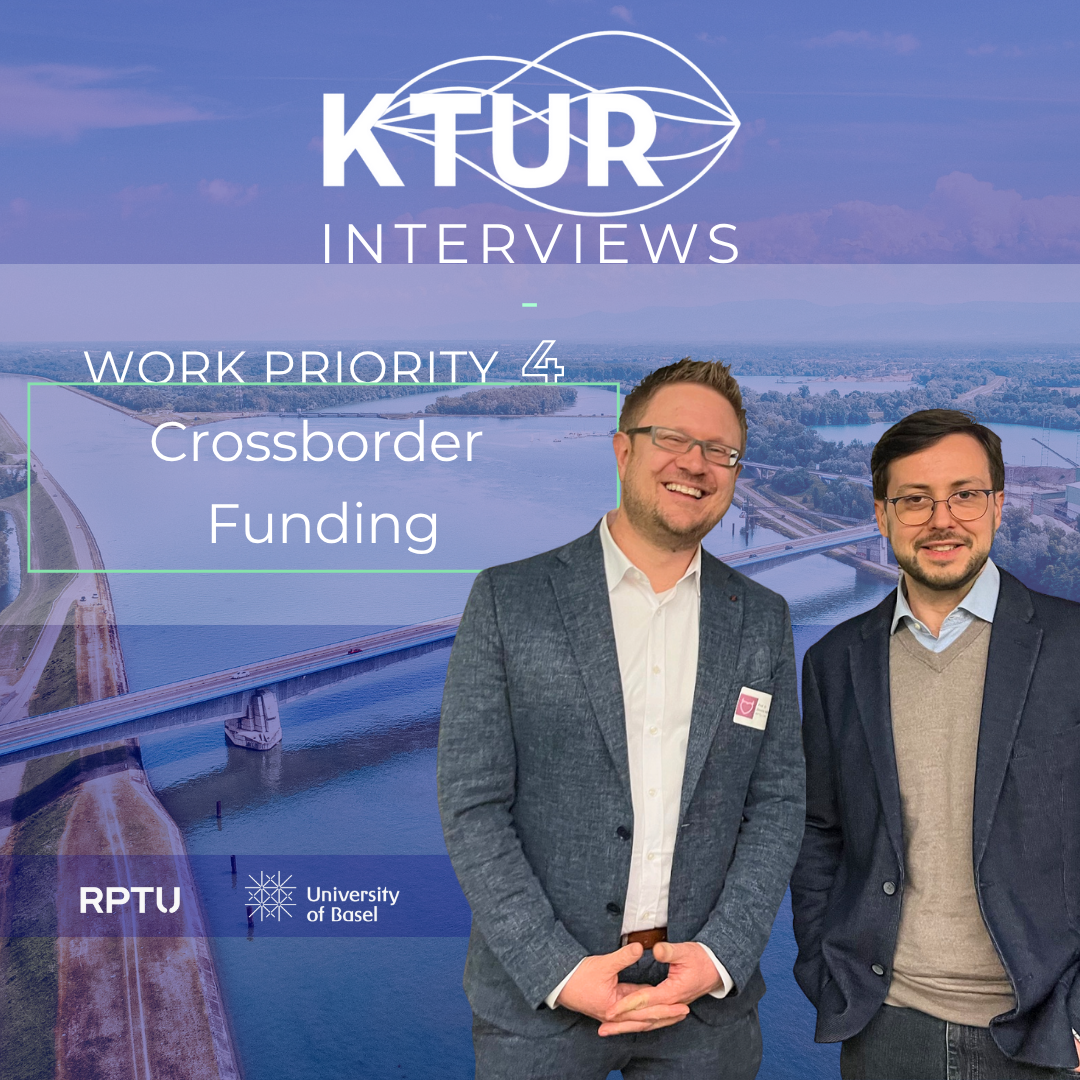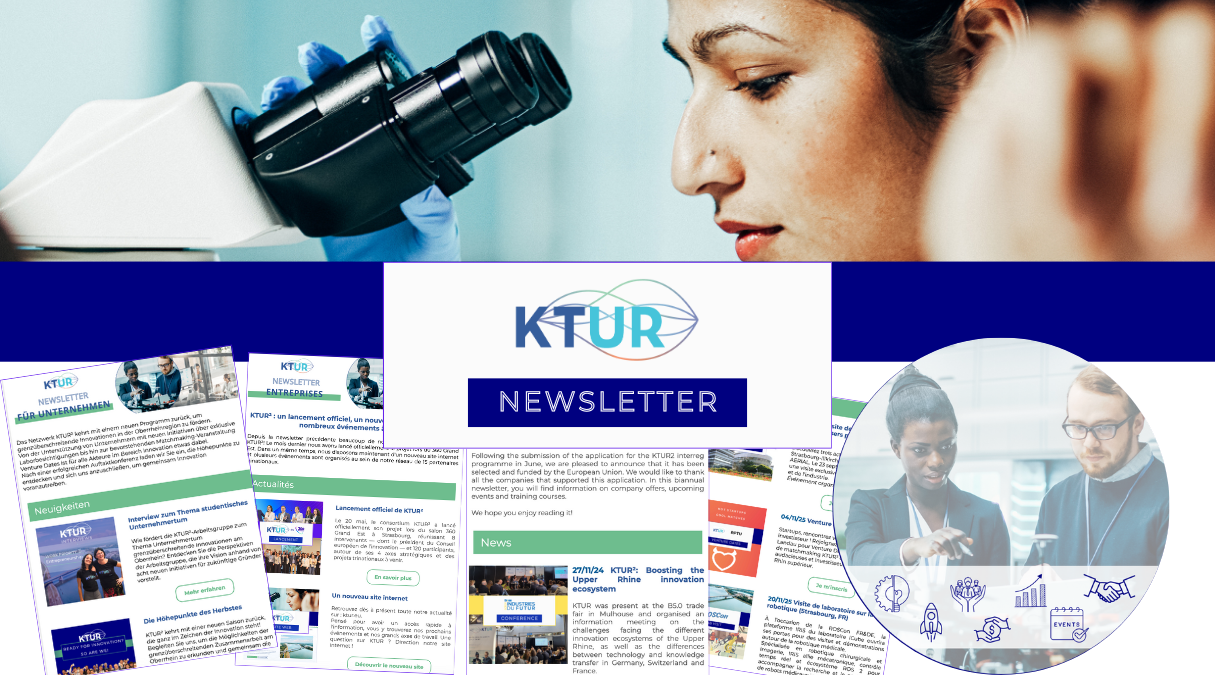Rhinepreneurs Episode 2: Inside Impact Venture Capital– A Conversation with Claire Weiss from Phitrust
6 January 2026
How can investments create both profit and positive change?
In the second episode of the Rhinepreneurs podcast, presented by KTUR (Knowledge Transfer Upper Rhine), host Sandra dives deep into the world of impact investing with Claire Weiss, Analyst at Phitrust – one of Europe’s pioneers in this field.
From Idealism to Impact
Claire’s journey into impact investing began with a simple but powerful question: How can economic activity align with personal values? Growing up in Alsace, with parents working as doctors, Claire was inspired early on by the idea of making a meaningful difference. During her studies at Sciences Po and her Erasmus year at KIT Karlsruhe, she discovered her passion for social entrepreneurship — and eventually found her way to Phitrust in Paris.
Inside Phitrust: Investing for Change
Founded more than 20 years ago, Phitrust was one of the first companies in Europe to focus on combining financial success with measurable social impact.Today, it manages over €100 million across four investment funds, supporting more than 40 social enterprises in areas such as inclusion, health, and education.
As an impact analyst, Claire’s work bridges analysis and empathy: from evaluating business models and assessing risks to engaging with founders who aim to solve pressing social problems. Her role shows that impact investing isn’t just about numbers — it’s about people, trust, and shared values.
Measuring What Matters
One of the core challenges in impact investing is measuring the real difference an investment makes.
Phitrust has developed its own impact methodology, refined over two decades, and uses established frameworks like the Theory of Change and the Impact Management Project (IMP). These tools help assess both financial and social results — ensuring that every investment contributes to meaningful change.
Advice for Start-ups: Purpose Meets Performance
Claire also shares insights for founders approaching impact investors. Many underestimate how demanding - yet rewarding - the process can be. Her advice: combine purpose with performance. A strong impact story must go hand in hand with a solid business model. And just as important: be authentic, transparent, and ready for a long-term partnership. As Claire puts it, investing with Phitrust is “almost like a marriage” - based on trust, patience, and shared values.
Looking Ahead: When Impact Becomes the Norm
Claire hopes that one day, impact won’t be seen as a special category of investing — but as the standard. In her words, “Impact should no longer be a trend or a special case, but an integral part of the economy and society.”🎧 Listen to the full conversation:
👉 RhinepreneursEpisode 2: Inside Impact Venture Capital:
Listen on Spotify or Apple Podcast
